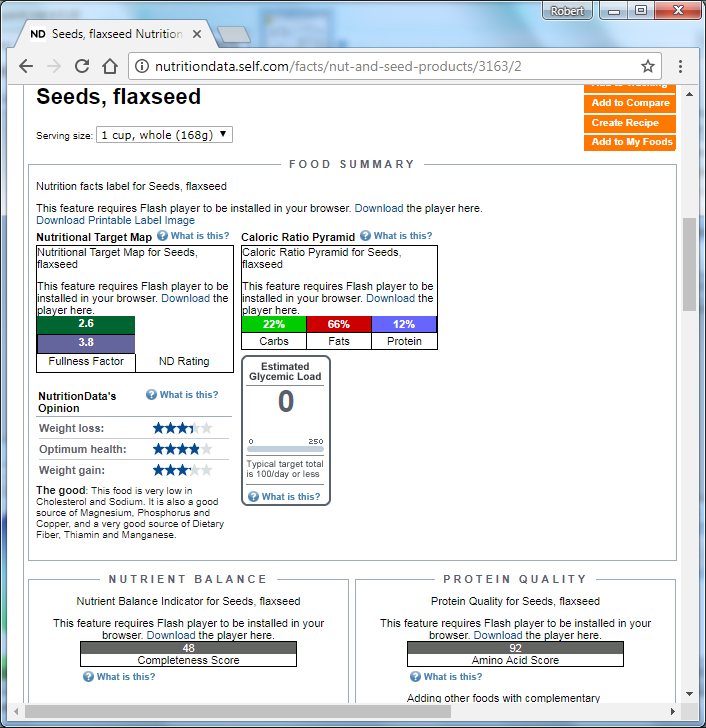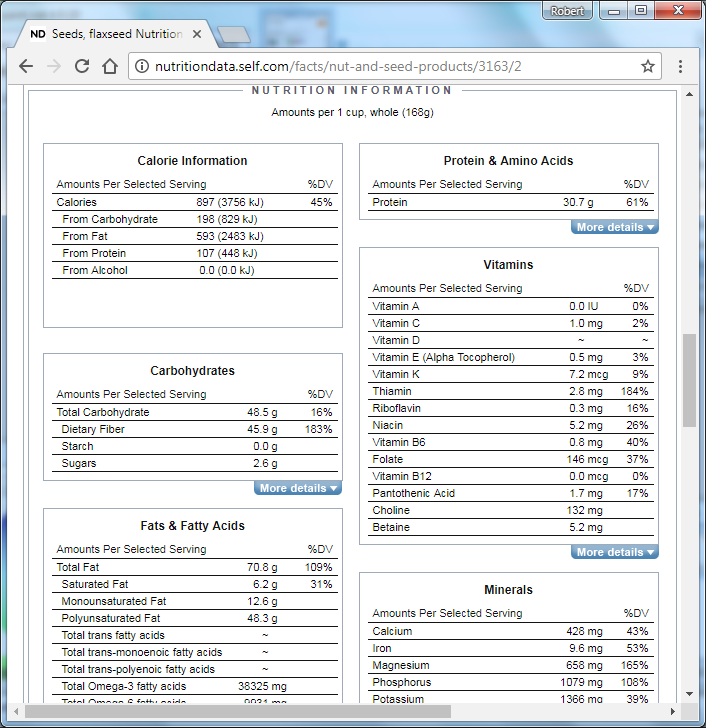After watching the documentary Fed Up, I was inclined to look for trustworthy dietary advice online. Without getting into arguments about whether Fed Up makes a good argument about sugar consumption, one thing they did for sure was highlight the biases of some institutions like the USDA.
Now I'm trying to find (relatively) unbiased information about food and nutrition.
Some websites that seem popular:
- eatright.org is run by Academy of Nutrition and Dietetics, which is sponsored by food companies.
- nutrition.gov is sponsored by the USDA, of which "promotion of agriculture production" is one of its stated goals.
- authoritynutrition.com which is "based on studies and written by experts" - this doesn't pass the trustworthiness test.
So, can anyone recommend websites which base their advice on peer-reviewed scientific literature, and which do not have ties with the food production industry?
PS. I asked this question over at Skeptics.SE, but it was deemed offtopic there. It was suggested I might ask here. It does fit with the topic "Environmental or nutritional factors that affect health", but I'm not certain it describes a specific enough problem. Nevertheless, I hope it is useful to the audience of this site to have an answer to my question.

